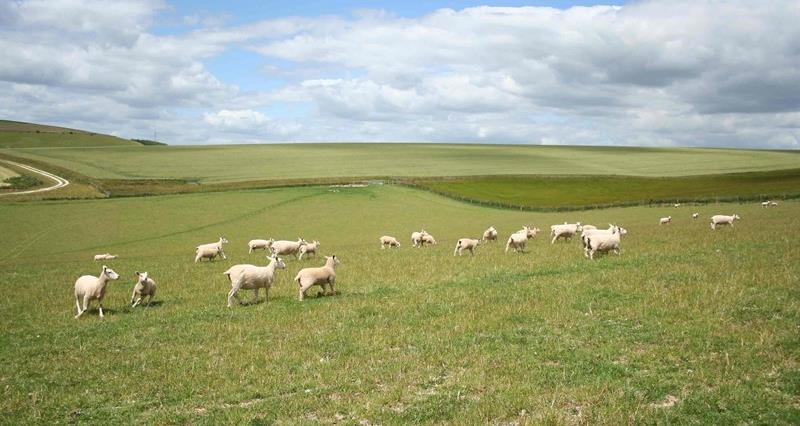Having carefully considered the consultation documents, and thoroughly discussed them with our membership, we must strongly disagree with many of the proposals.
Our position on each proposal relevant to our members is set out in our response together with our reasons for taking our position.
Cost increase ‘unaffordable’
It is not possible for the NFU to fully comment on the validity of the proposed changes in both annual subsistence fees and application fees, as the EA refuses to apportion them to specific costs. The onus is solely on the EA to demonstrate greater transparency and show that these costs are fair, proportionate, and competitive. We call on the EA to show that it is efficient in its processes and doing everything it can to keep these costs of these services to a minimum.
What we can say is that, for sheep farmers, the annual fee and application fees are already far too high and any increase – let alone the planned 50-125% increase in application fees – would be completely unaffordable.
In the context of less public funding, greater global competition, potential disease outbreaks, and the EA’s own waste exemptions consultation, we urge the EA to delay the implementation of any charge changes until additional dialogue and solutions for mutual benefit for the EA and industry can be discussed and agreed.
If the EA cannot delay the implementation, we ask it to bring the changes in application charges more in line with those in annual charges and bring forward the resulting changes in increments over several years.
Risk to animal health and welfare
By far the greatest concern around these proposals, particularly arising from conversations with our members, is the potential for unintended consequences for animal health and welfare.
Sheep dip is widely recognised as the most effective way of preventing scab and making this treatment less accessible to farmers by charging high fees for disposal risks wider occurrence of the disease.
NFU members can download our response in full at: NFU responds to charge proposals for water discharges.
